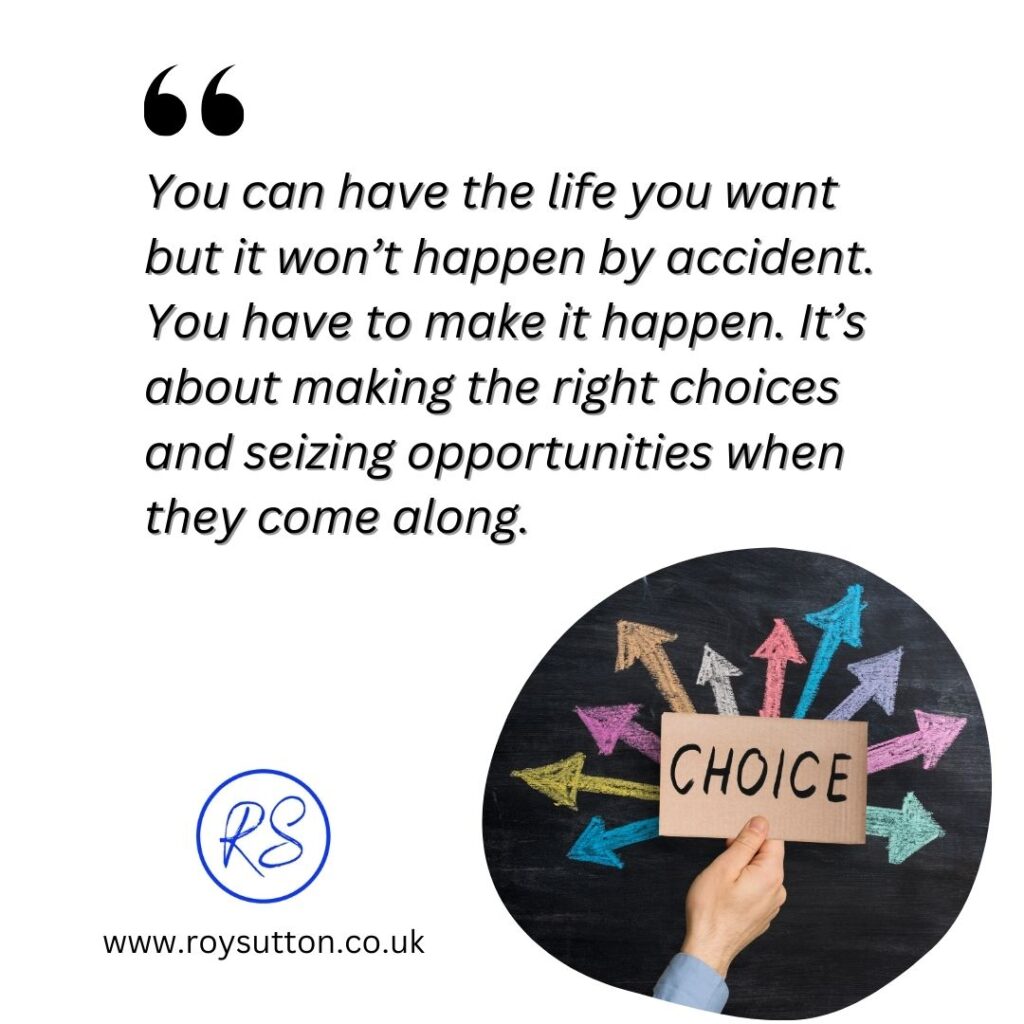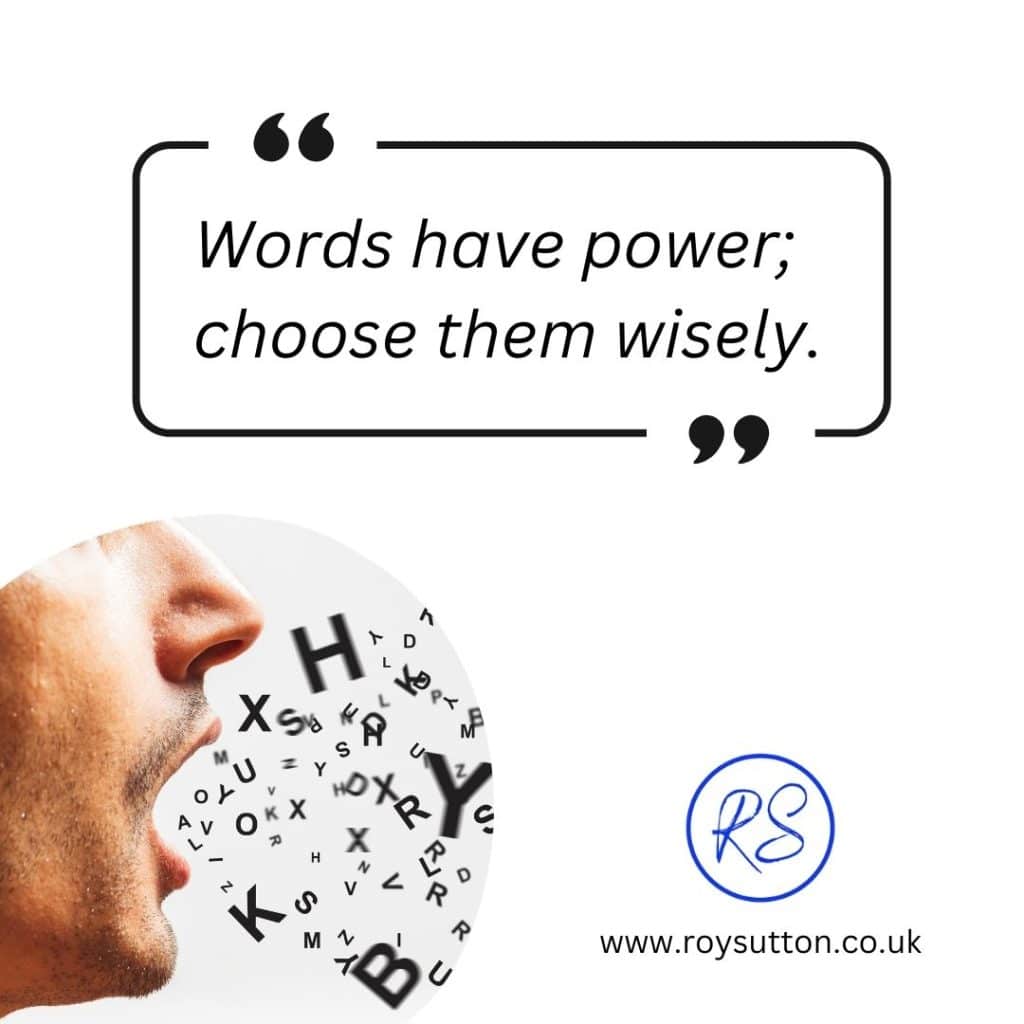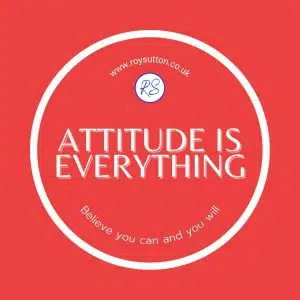
If you’re wondering about getting the most from your work, this post is for you.
So, do you feel valued by your employer, dear reader? Now think about that question for a second or two.
I’m sure you’re aware that companies are very good at circulating messages which include platitudes such as, “Our employees are our most important asset,” or “We value our employees.” I’m sure you’ll be familiar with such pronouncements.
However, you must ask yourself whether they mean it, surely?
Well, few do, if any, in my experience.

Now let’s be fair:
To be fair, many employers think they mean it when such messages are circulated to the workforce.
Staff in the Human Resources department are probably well-intentioned when they issue such statements.
Nevertheless, the reality for the employee is almost always quite different, however right on and trendy an employer tries to be.
Rarely are employees valued by their employer. Usually they’re seen as replaceable or can be dispensed with as needs dictate.
What does it mean for you?
Most companies regard people as a commodity to be used when they’re useful and then discarded when they’re perceived to be no longer of use.
Not a comfortable thought, possibly, but true nevertheless.
So, what does this all mean for you?
Well, for a start, it means that you have to look after your own interests.
If you don’t look after your own interests, then I can assure you that no one else will.
If you think someone, somewhere, is thinking about your best interests, then, with the exception of your parents, that’s very unlikely at best.
It’s all down to you to get the most from your job, your career, and your life.
It’s your responsibility:
You must decide what you want; you must decide where and how you can add the greatest value; you must decide what’s the next logical move for you, in pursuit of your goals; and you must decide on the timing of when it’s appropriate to move on to the next challenge.
Occasionally, you might get lucky and a great opportunity will fall straight into your lap. However, that doesn’t happen often, if at all.
Remember that you are the captain of your own ship.
So you decide where it goes and you must steer it accordingly.
It would be a mistake to rely on others to plan your career, quite simply because they won’t, and it would be naïve to think otherwise.
So, here are 9 tips for getting the most from work:
Getting the most from your work:
1. Take a pragmatic view:
Now, reading this, you might think that I have a jaundiced view of companies and corporate life.
I don’t. This is simply a realistic and pragmatic view based on many years of experience.
I understand why companies do what they do from a commercial standpoint
Work is just doing stuff for other people in return for money.
If a company has stuff that needs doing, they are willing to pay good money to get it done.
However once that work’s been done, or is no longer required, employers see no reason to retain people. Why would they? After all, they’re in business to make money.
So be realistic and take a pragmatic view. That way you won’t be disappointed.
2. Recognise the psychological contract:
Once again, we must be fair. The company’s approach is no different from the one we would take as individuals.
If we need our house painting, we hire a painter and decorator. Our house gets painted, and when the job’s been done, we pay the painter for the work completed.
We don’t start worrying about the painter’s job satisfaction or career development. The psychological contract between us and the painter ends when the bill has been settled for the work completed. That’s the way it is. It’s that simple.
So why should we expect our employers to be any different?
Companies are not charities or job creation schemes. Commercial companies have to make a profit if they’re to grow and survive, and costs have an impact on profit, obviously.
The psychological contract we have with our employer is one where we do stuff for them and then we’re paid for our efforts at the end of each month.
We’re the hired help, and once we’ve been paid that’s where the psychological contract ends as far as our employer is concerned.
Your employer will not spend time worrying about your aspirations or your dreams. Once again, it would be naïve to think otherwise.
3. Accept commercial reality:
Commercial reality, whether we like it or not, is that all companies exist to make money for their owners. It’s that simple. Why would anyone start a company for any other reason?
So if you think that your loyalty will be appreciated by the average employer, I think you’re either mistaken or deluded.
Individual managers might value your presence in the team, of course, but the people at the top of the organisation have to be much tougher and businesslike in their approach, as they’re ultimately accountable for the performance of the business.
Employers will take everything you give and a bit more besides, but once you’re no longer required, they will be as ruthless as they have to be. If it’s their survival versus your career aspirations, there’s only one outcome, and it will have nothing to do with your aspirations.
If they weren’t able to be ruthless when necessary, then that could put the whole company and the jobs of everyone involved at risk. So there’s a good business reason for the way companies tend to operate.
Furthermore, ordinary people don’t spend their money unnecessarily, so why should we expect a company to be any different?
Occasionally, you’ll meet leaders of real stature and class who will treat you very well. However, they’re the exception rather than the rule.
Most senior executives are driven only by self-interest, in my experience. Once you’re no longer of use, they will be as ruthless as they have to be. That’s how the world works, so don’t expect it to be any different for you.
4. Don’t expect loyalty to be reciprocated:
The point I’m making here is that you must be ruthless too. You must look after your own interests, constantly.
It’s perfectly reasonable for you to be working with your own agenda in mind. Deliver the results for which you’re being paid, of course, but always with one eye on your own best interests.
In any job you should make sure that you know what you’re meant to be doing and what you’re meant to be delivering too.
What you’re delivering must add value. You should know what that value is, and you should be confident that it’s not something that can be done by a machine. If it is, then the chances are that one day it will be and you will be out of a job.
Never do anything out of a misplaced sense of loyalty because that loyalty is unlikely to be reciprocated. At work, you have to be very businesslike in everything you do.
For you, the name of the game is earning a living. If it’s not obvious to you what your contribution is meant to be, you should start to worry. And if you cannot explain what you’re meant to be doing in a couple of lines, then it’s time to move on.
If you don’t know what you’re meant to be doing, chances are that your boss is wondering too. And once your boss starts to question your role, there is a risk that it won’t be too long before your job is eliminated in a future cost-saving exercise.
5. Look after your own interests:
Remember this:
No one owes you anything
Life is what you make it.
As I said earlier, you’re the captain of your own ship.
You should be steering that ship in a direction that suits you and your ambitions. Steer the good ship ‘Me’ in the direction you wish to go and not in the direction someone else wants you to go.
You should be following your agenda, and within the framework of your plans.
If you think your employer has plans for you, you’re fooling yourself.
You will only figure in your employer’s plans for as long as it makes good business sense for them to include you in those plans.
If they can’t see how you’ll add value to their plans, then a parting of the ways might not be far away.
6. Take every opportunity to gain experience:
You may make mistakes occasionally, and you may do things for employers that, for whatever reason, come back to bite you. If you do, don’t worry. Just learn any lessons from the experience and move on.
Lessons learned are far more valuable to you than anything someone else can tell you. The commodity, based on life’s lessons, is known as experience, and experience gained is a valuable commodity.
Take every opportunity to broaden your experience and grow.
Take on every challenge that comes your way. However daunting a challenge might seem, it will be a learning opportunity through which you’ll grow. View such opportunities positively and don’t be afraid to put yourself forward. You can do it and you’ll be a better person for it.
The message here:
Work harder on yourself than you do on your job
The more experience and know-how you have to offer, the more employable you’ll be and the greater will be your financial rewards.
7. Have realistic expectations:
Never expect loyalty from your employer, and you won’t be disappointed.
You’re not indispensable, and neither is anyone else. If you were to die tomorrow, you’d be replaced in a heartbeat, and the company would get along fine without you.
If you weren’t around, someone else would be hired quickly, and the business would move on. And in all probability, you’ll soon be forgotten.
The chances are that someone else will take the credit for any significant contribution you’ve made, but you’ll probably take the blame for everything wrong, including things in which you had no involvement at all.
That’s life, unfortunately.
8. Work to your own agenda:
If you make sure you look after your own interests, then your achievements will be all yours and you’ll be on the road to success.
You have to carve out the success you want; no one else will do it for you.
Add real value to your employer for as long as you can or for as long as it makes sense within your own plans for you to do so, and then it’s time to move on to the next challenge.
Don’t get overly sentimental; you’ve got to be as ruthless with your employer as they would be with you. It’s perfectly reasonable to work to your own agenda, and that’s exactly what successful people do.
9. Keep reading; keep learning:
Never underestimate the value of reading and continual learning.
The more you read, the more you’ll learn, and the more you learn the greater will be your value.
Read one good book related to your work or personal development each week, and over a yea,r that’s the equivalent of a PhD‘s worth of knowledge gained.
Increase your knowledge by that amount every year, and you’ll be light years ahead of your colleagues.
Increase your knowledge and skills, and you’ll increase your ability to add value. Add more value and you’ll earn more. And what’s not to like about that?
So, make sure you allocate at least 30 minutes per day for your reading, and more time if possible.
Conclusion:
Appreciate the opportunity an employer gives you. Be grateful you have a job and an income.
However, never be overly sentimental, nor show misplaced loyalty to an employer. An employer must be businesslike and so must you.
Add value where you can, but look after your own interests, and when it makes sense to do so, move on.
Sensible people will always look after their own interests. It’s perfectly reasonable to have an agenda of your own.
Getting the most from your work is all about adding value, gaining experience, broadening your skills, and moving on to the next challenge when it’s appropriate to do so. Above all, enjoy what you do. Life’s too short to be spending a third of it doing something that doesn’t leave you fulfilled.
Please share this post on social media:
If you found this article useful then please share it on social media with your friends.
When you share, everyone wins.
Please share it now and I’ll be ever so grateful. You’ll be helping a keen blogger reach a wider audience.
Thank you for your support, dear reader.
Articles that might also appeal to you:
- How much should I be paid?
- How to build wealth from nothing: 5 Top Tips
- The secret to happiness that everyone should know
- Why you must earn before you spend
- 15 Things Poor People Do That The Rich Don’t
- 5 secret steps to tackling life and achieving success
- How to deal with criticism in the workplace
- The importance of teaching children about money
- Creating a Life Plan: 17 ways the rich think differently
- The importance of change and the opportunities it brings
- Life is short: Here’s what’s important to you today
- How is success achieved? Could this be the secret?
- How to improve your life quality and have much more
- The real cost of television? The answer will surprise you
- The debate about identity politics and how we get beyond it
- How to know your life purpose in 5 minutes
- 21 common sayings and what they all mean
- 15 quotes to emphasize the importance of time management
- The way to discover your true potential
© Mann Island Media Limited 2025. All Rights Reserved.













































